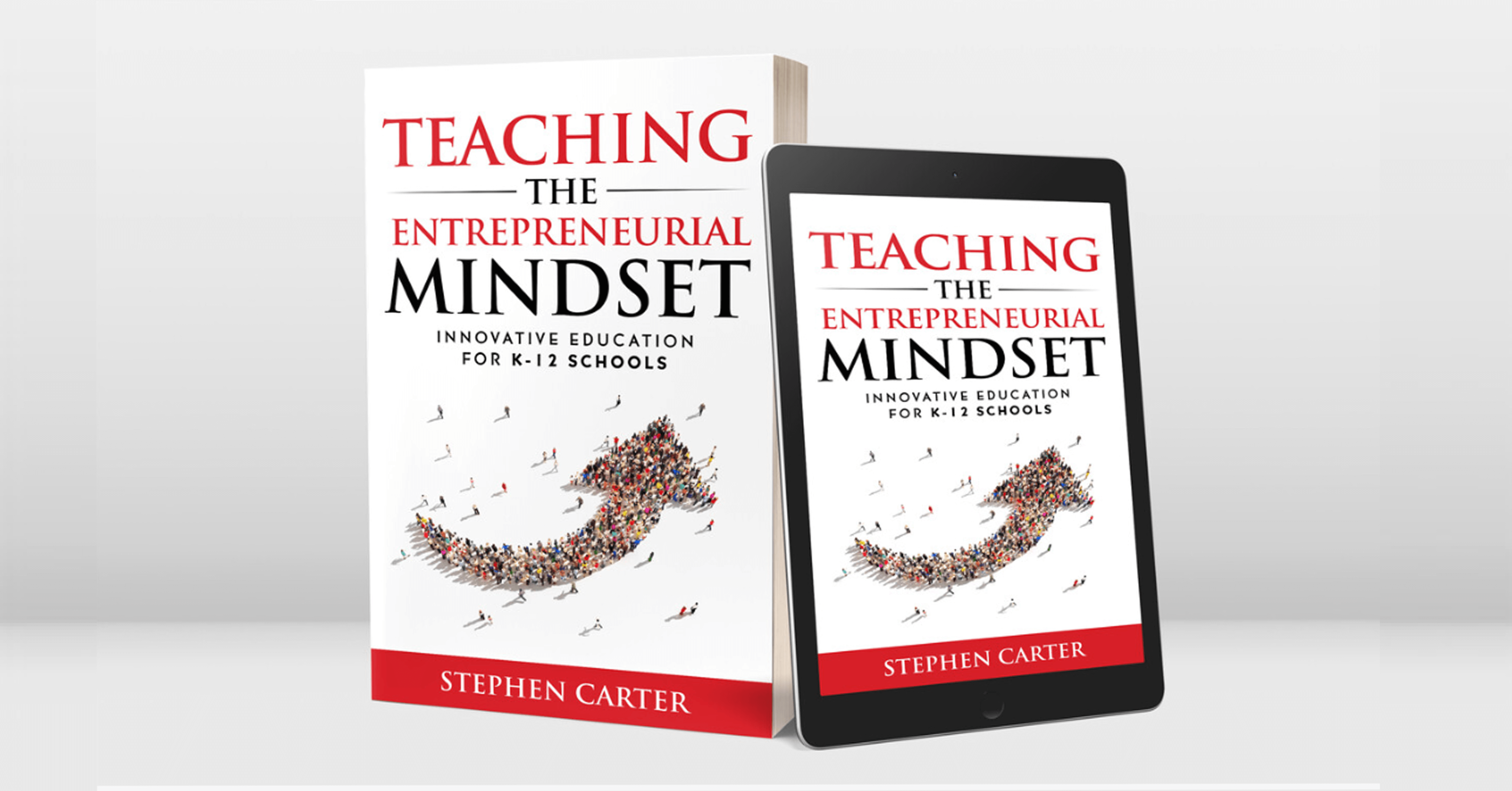September 13, 2023
Publication is scheduled for early October 2023. For updates on the publication of this book, click here. This is the second of two excerpts from Stephen’s new book. The first excerpt is here.
Carol Dweck is the leading expert on growth mindset and her 2006 book detailing “The New Psychology of Success” around mindset has not only shaped and redefined how we teach but also how we understand the nature of education altogether. She defines the concept in the following manner: “In a growth mindset, people believe that their most basic abilities can be developed through dedication and hard work—brains and talent are just the starting point. This view creates a love of learning and a resilience that is essential for great accomplishment.” This love of learning and resilience is key to understanding the benefits of this way of thinking. Collectively, we are all born into a growth mindset. It is inherent in young children to strive for growth and to work as hard as possible to achieve this growth. Imagine the child, trying to crawl for the first time and, finding it difficult, giving up and never attempting again. Imagine that child proclaiming…

